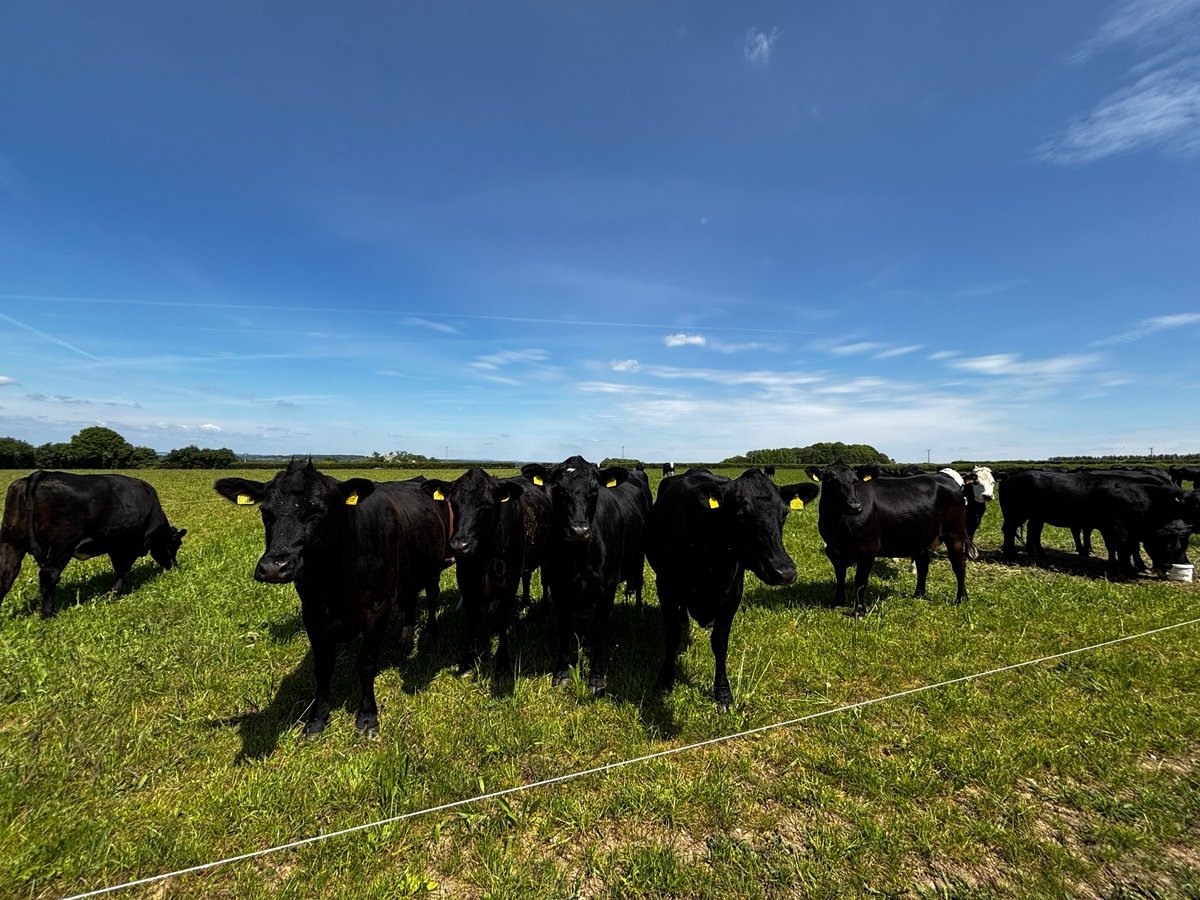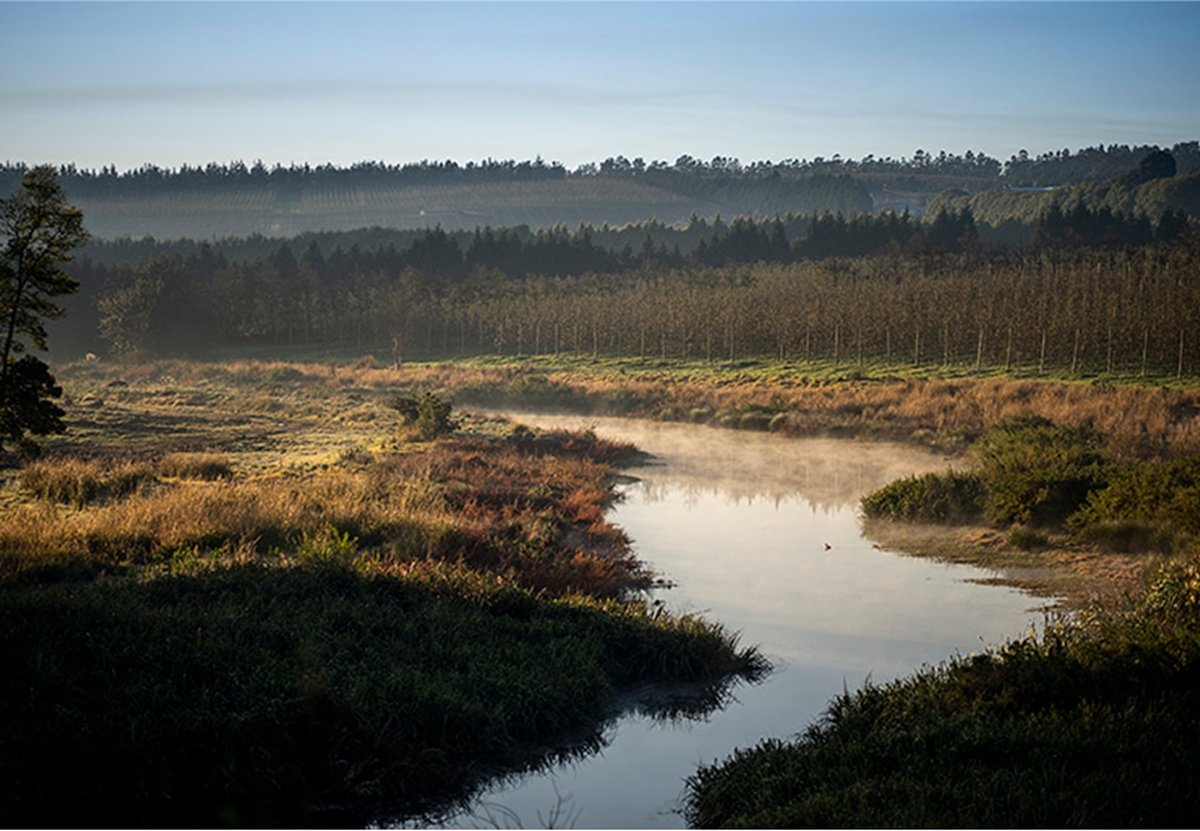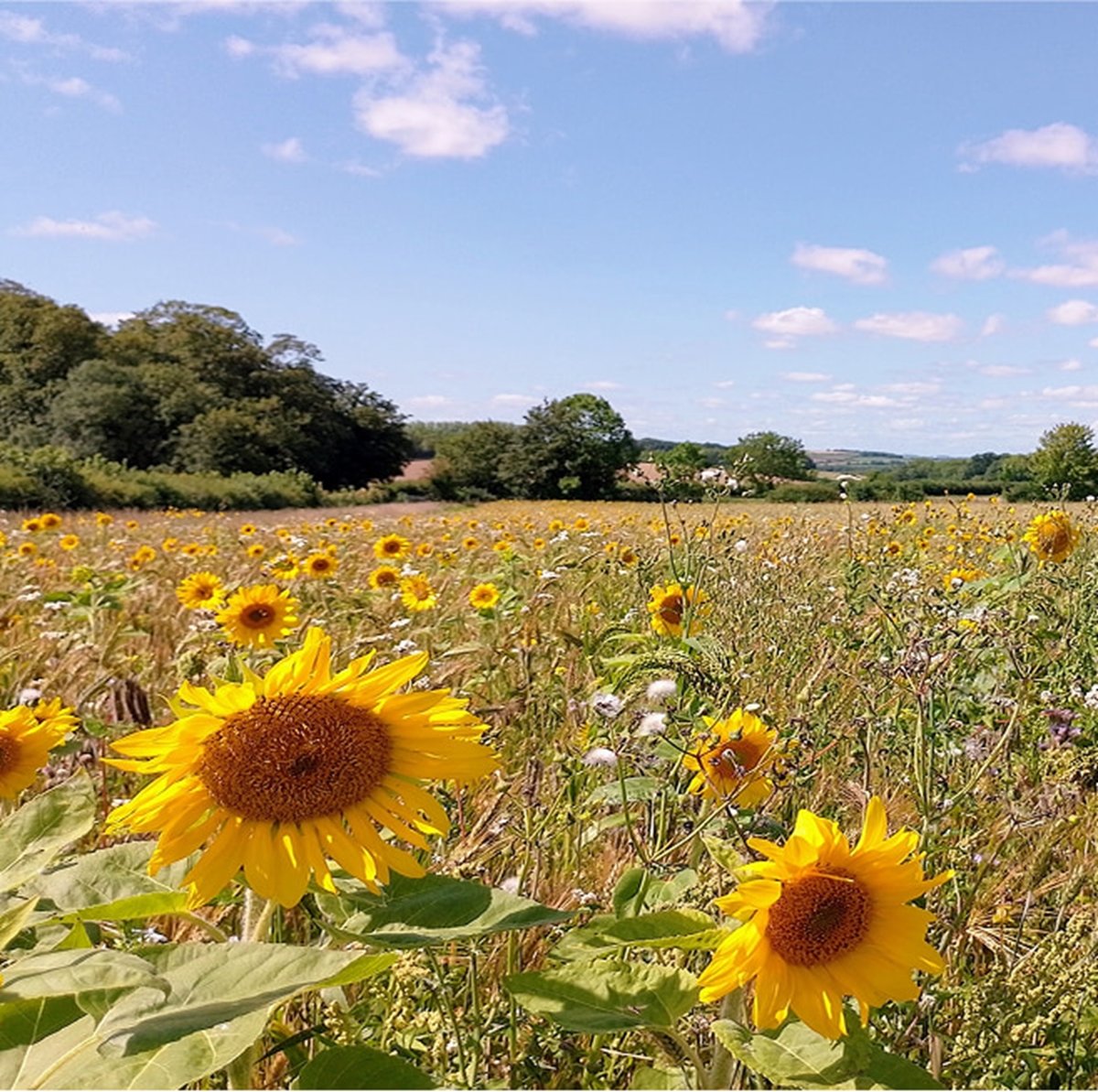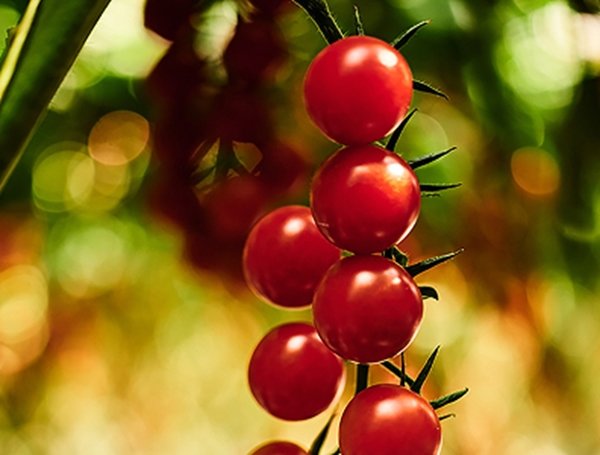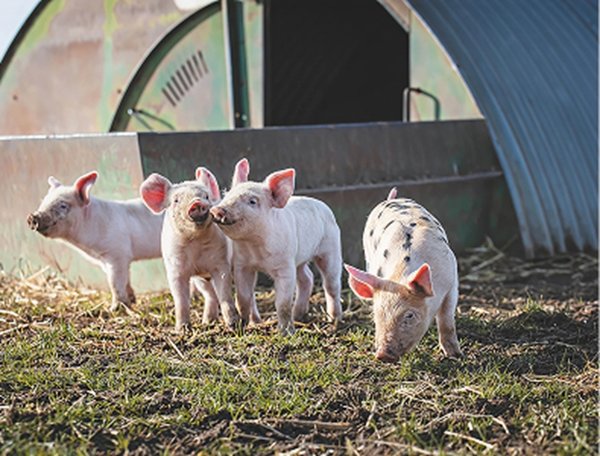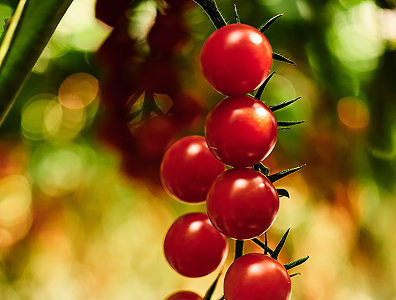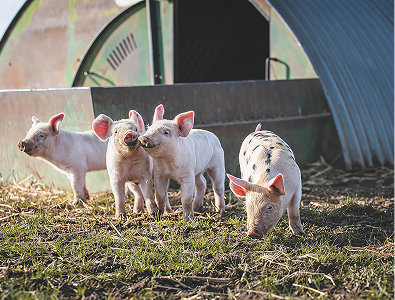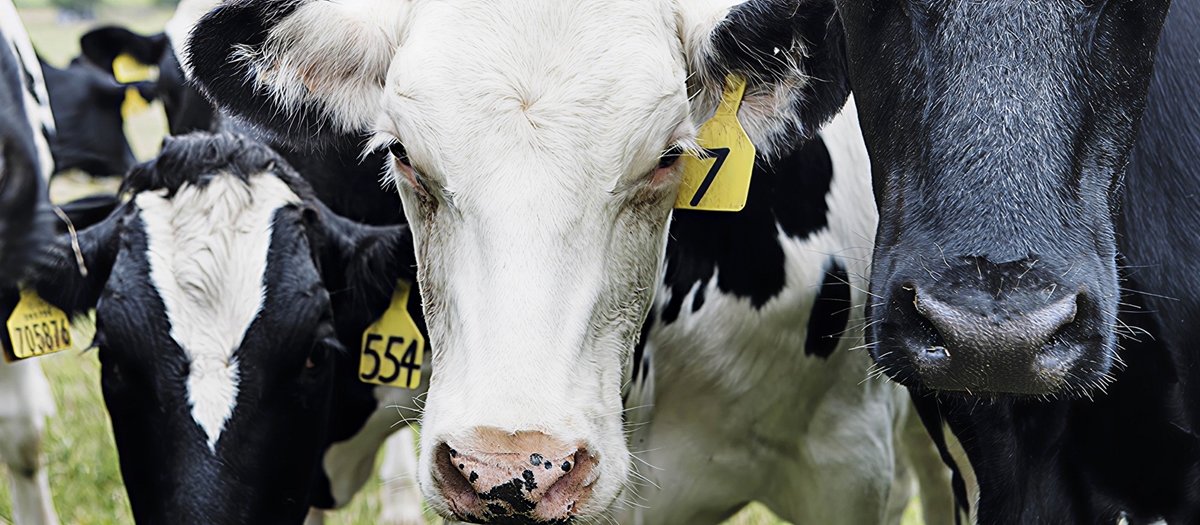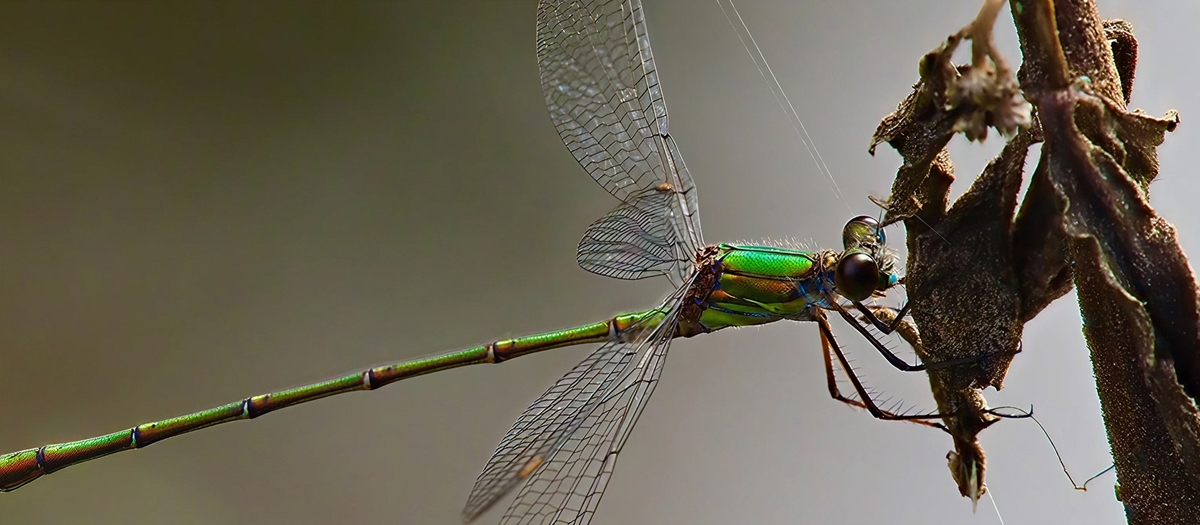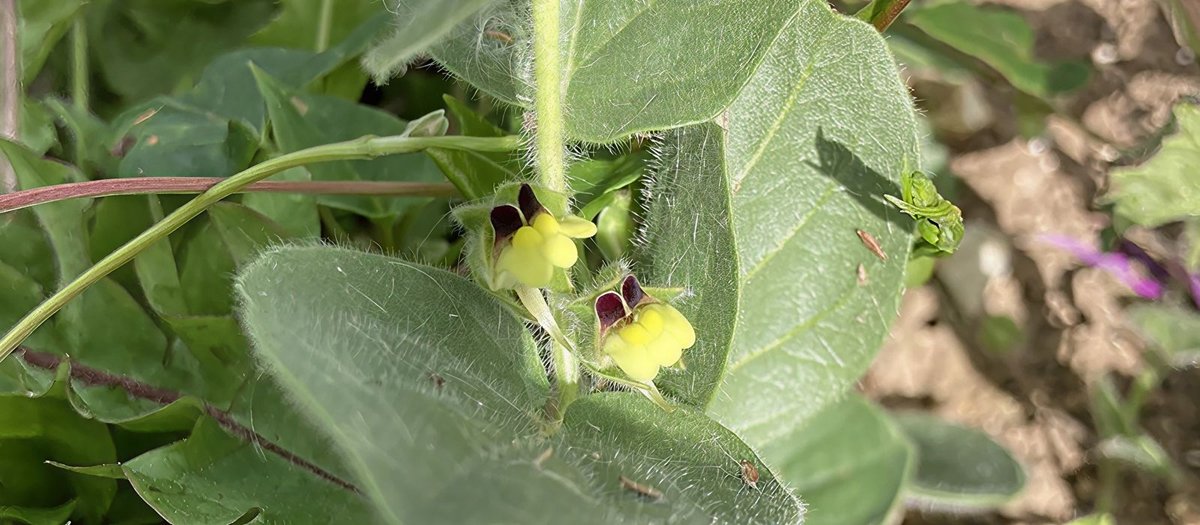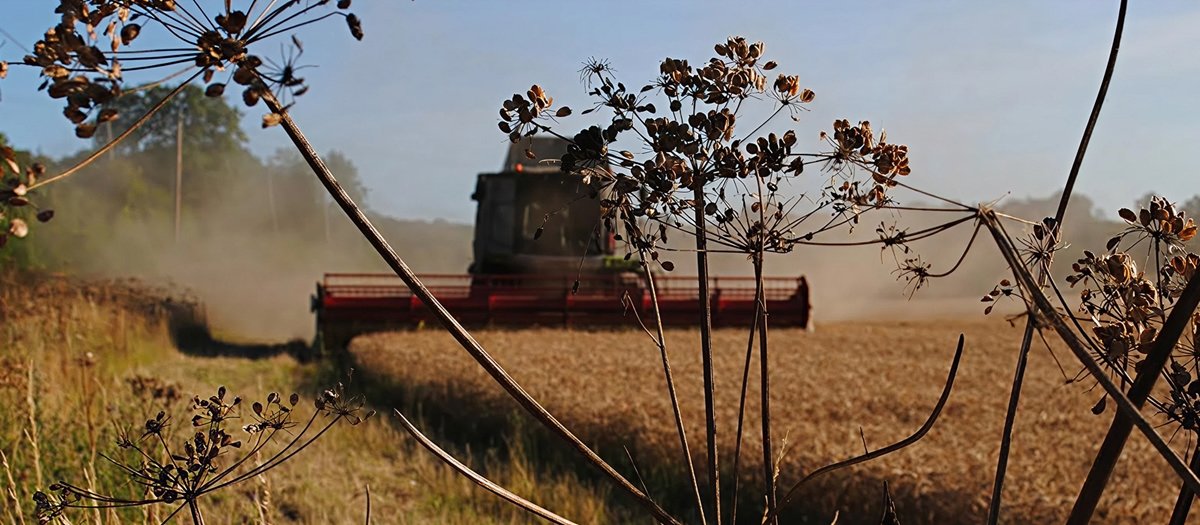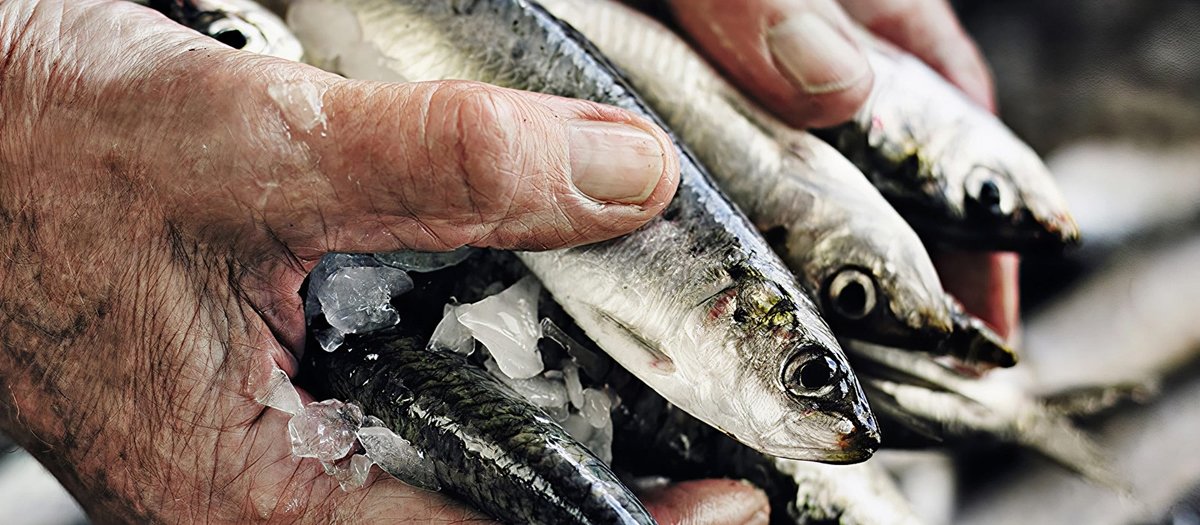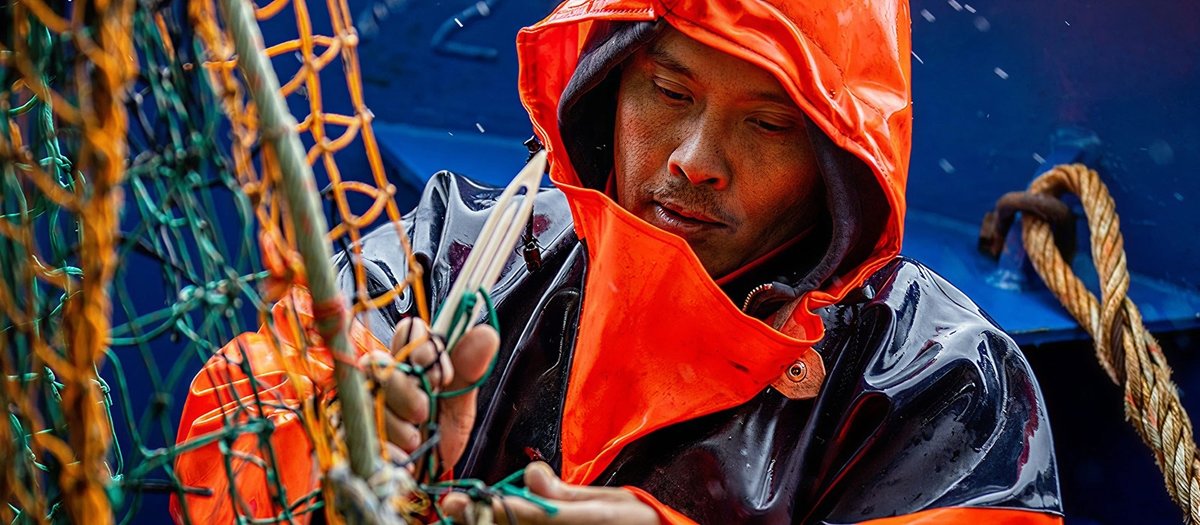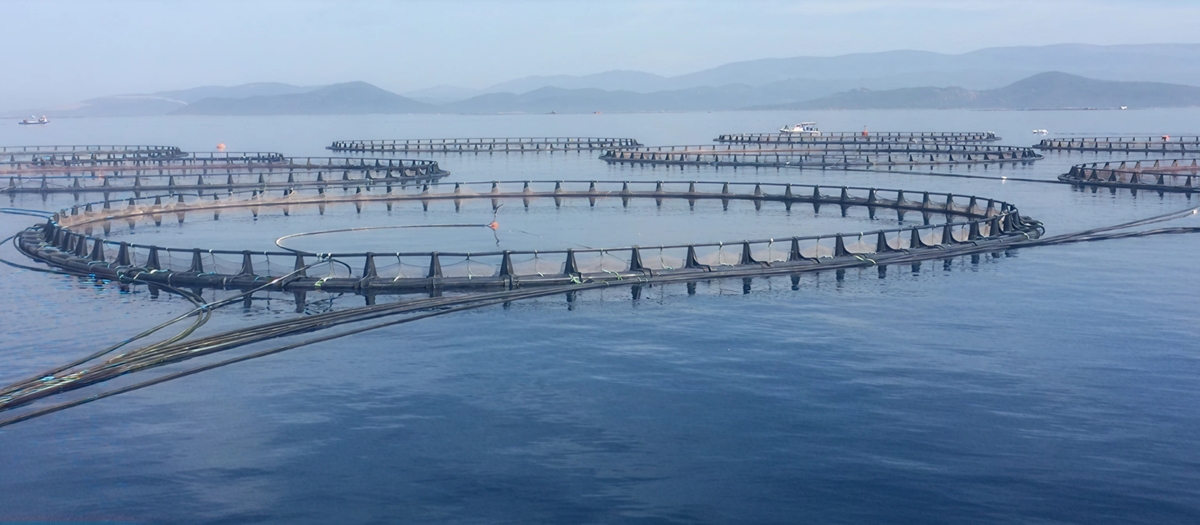Performance highlights
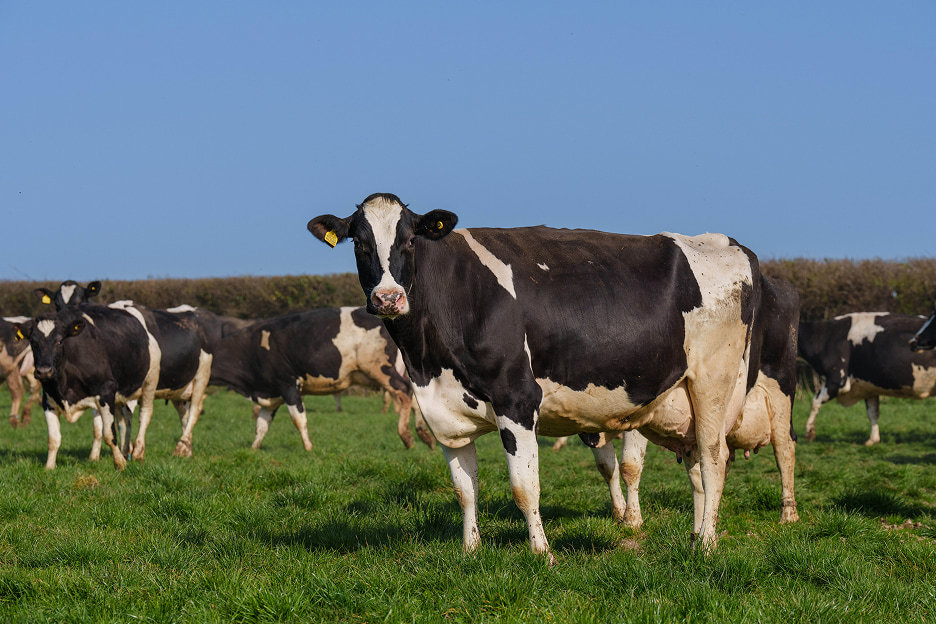
1st
Waitrose is the first major UK supermarket to source free-range single, double and whipped cream.
Free-range cream
Waitrose became the first major UK supermarket to source its own-label fresh milk and cream products from free-range dairy herds. We continue to pay farmers a fair price and source from British farmers we know and trust.
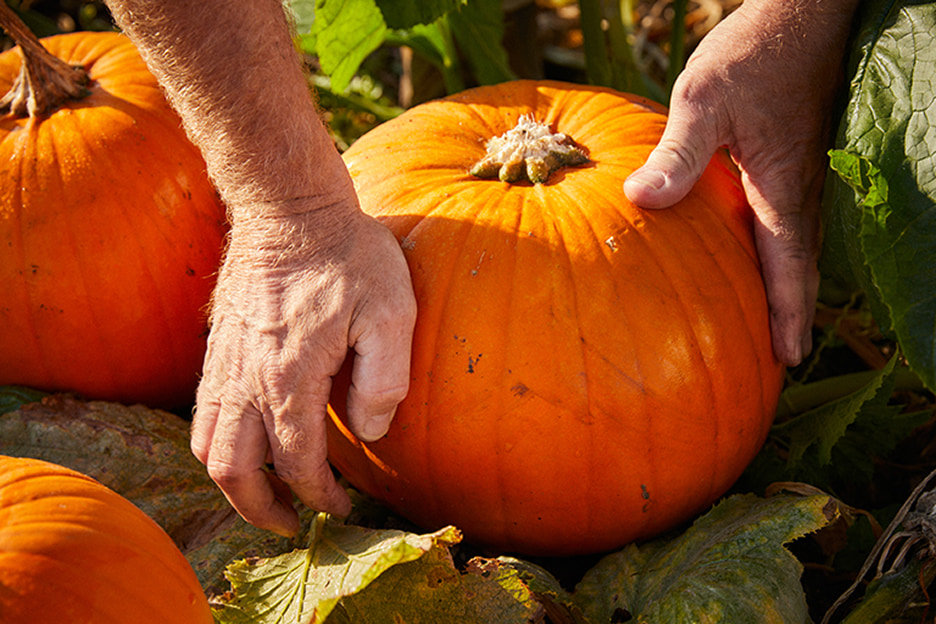
2027
Waitrose to only source fresh produce from LEAF Marque-certified farms worldwide from the start of 2027.
LEAF Marque
Waitrose already sources all UK fresh produce from LEAF Marque-certified farms. Now, it has committed to also sourcing the rest of its global produce only from farms holding this certification by the end of 2026. The LEAF Marque is an assurance system that recognises more sustainably farmed produce.
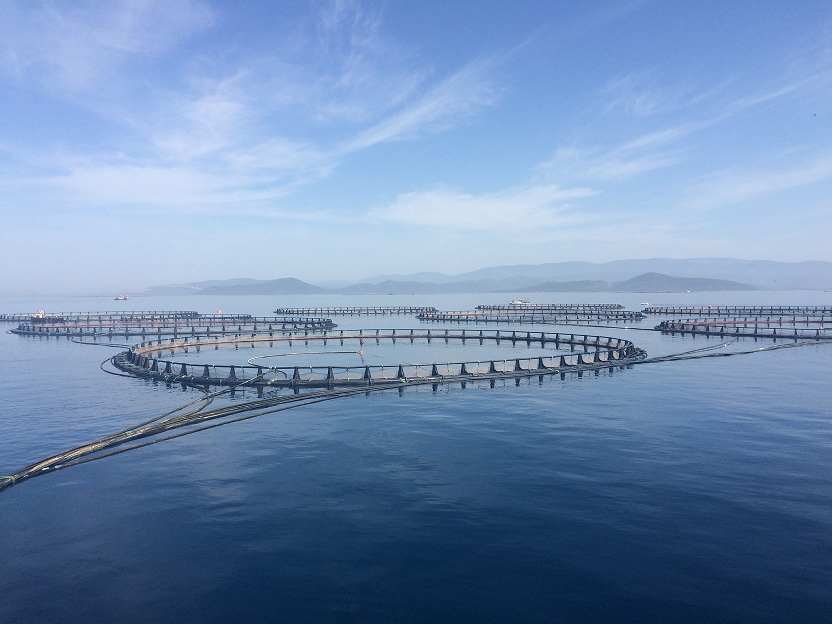
95%
of Waitrose own-brand fish and shellfish is fully certified.
Certified seafood
Waitrose has expanded its commitment to certified seafood in 2024 by implementing plans to label certified Aquaculture Stewardship Council (ASC) farmed fish on its counters. This matches its existing labelling for wild fish certified to the Marine Stewardship Council (MSC) Standard.
Our approach to agriculture, aquaculture & fisheries
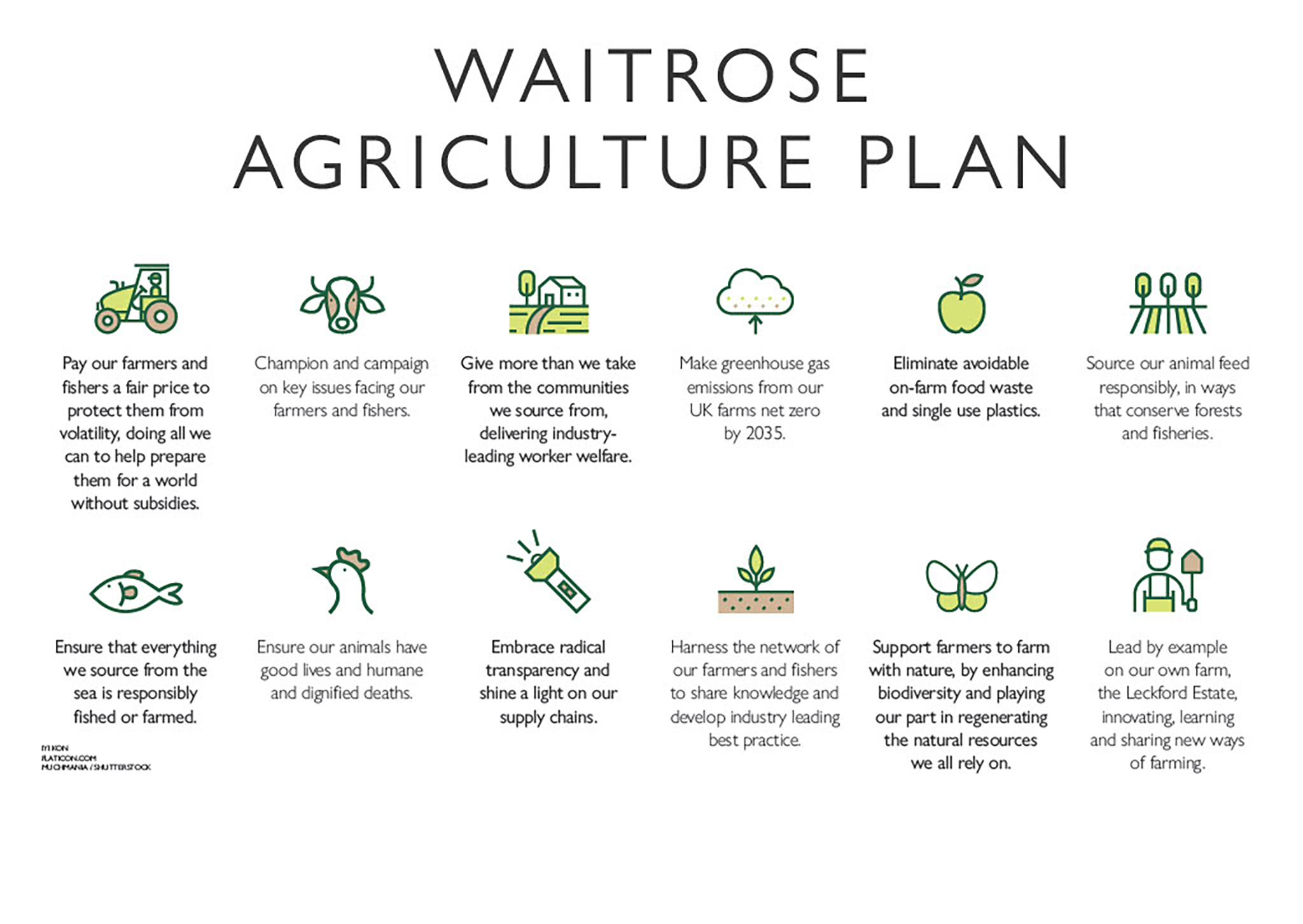
The Waitrose agriculture plan does not stop at farming sustainably. Our ambition is to introduce regenerative farming techniques as widely as possible. We aim to adopt and encourage soil improvement and enhancement of the natural environment through restorative land management focused on topsoil regeneration and improving the water cycle, as well as increasing carbon capture, biodiversity and resilience to climate change, whilst remaining committed to our market-leading higher welfare standards. At our farm on the Leckford Estate, we aim to reduce greenhouse gas emissions to reach net zero ahead of our broader 2035 commitment. Waitrose only sources fish that has been responsibly caught or farmed. We risk-assess each fishery or farm against our responsible seafood policy before it is approved. Each fishery or farm is reviewed on an annual basis.
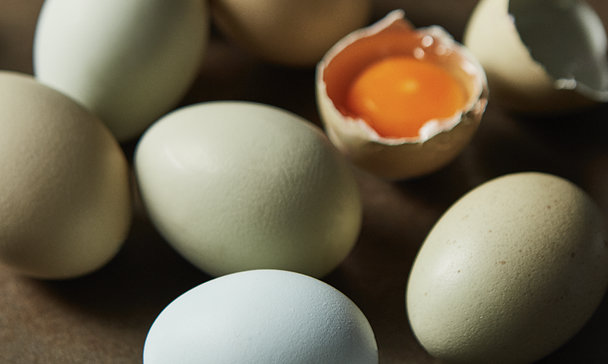
Higher Welfare Standards
Produce all our own-brand meat, eggs, dairy and farmed fish to define higher welfare standards
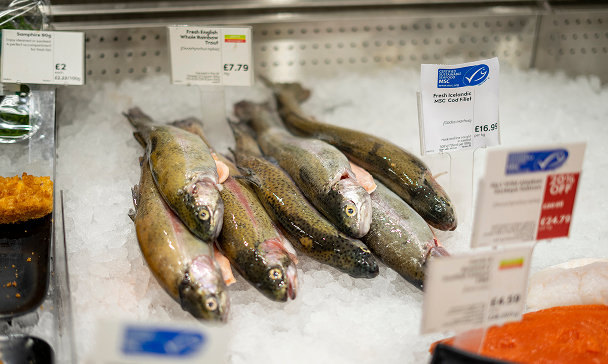
Responsibly Sourced Seafood
Source all own-brand fish and shellfish from third-party-verified responsible sources.



